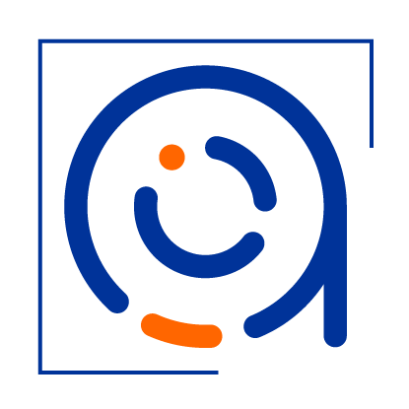
We have received new funding for the project that allows us to further develop the concept of “risk to a right” by debiasing the concept of risk in data protection law. The project is titled: “Risk as a subjective phenomenon. Integrating cognitive science into the concept of risk in European data protection law” (2024 – 2027).
The project aims to develop the concept of ‘subjective risk to a right’ by debiasing the concept of risk in data protection law. The risk-based approach used in data protection can produce results that give the ‘illusion of scientific evidence’, which might diminish the level of protection of natural persons’ rights and freedoms. The project explores two reasons that cause this situation. First, risk assessments in data protection are usually conducted behind the closed doors of experts’ offices. They apply risk management tools that are not suitable to deal with uncertainties and ignorance (situations when the consequences and likelihood are difficult to measure). Second, those experts are vulnerable to cognitive heuristics and biases. Interestingly, a similar problem occurred previously in the context of environmental law and environmental risk governance, which will be further explored in the project.
We will identify the heuristics and cognitive bias influences on risk assessors within the process of the GDPR Data Protection Impact Assessment (DPIA). The project also explores different fields of law, such as criminal law, and environmental law, to analyse legal institutions that can be applied per analogiam to the context of risk in data protection. The project is interdisciplinary, combining knowledge and expertise in three main areas: data protection, criminal law, and cognitive science, and it will be inspired by environmental law and environmental risk governance. It uses the black letter legal method and empirical methods, such as case law analysis, behavioural experiments, and interviews.
The project is (co-)supervised by Niels van Dijk and Kris Baetens and conducted in partnership with Dariusz Kużelewski and his team from the University of Białystok (Poland).
The project is funded by the Belgian Research Foundation Flanders (FWO) and the Polish National Science Centre (NCN) in the Weave initiative.
